Princeton University Press
You can almost hear the volume whispering in your ear, “Be like lichen.” Traumatic grief, political tyranny, and environmental catastrophe are not irreversible.
Optimistic, a canny survivor, relentless, genderfluid—poet May Swenson described herself as “I am one of those to whom miracles happen.”
Max Ewing is little known today, but this book celebrates him as a sexually nonconforming bachelor who strove to impress the quirkiest bohemian clique of the Roaring ’20s.
Each month, our arts critics — music, book, theater, dance, television, film, and visual arts — fire off a few brief reviews.
Betye Saar’s assemblages and travel sketchbooks are rich in references and symbols; they are mysterious and introspective, more spiritual than political.
Faced with the dual dilemmas of the opacity of the albums themselves and the now painfully obvious narrative of colonialism, wealth, and white privilege, some of Fellow Wanderer’s authors dodge into more easily researched side issues.
If historian Thomas Crow’s goal is to explain how these rebels of the counterculture reshaped American art, he is at least partly successful.
In the US, Thomas Mann tacitly proposed himself as an almost messianic figure, stately, dramatic, and wrathful at once, striding forth to represent German culture in exile and, increasingly, free Germany itself.

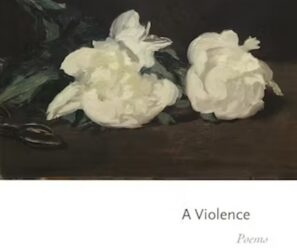
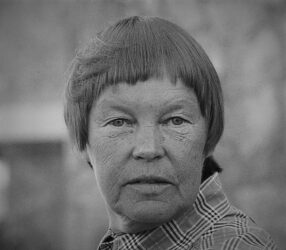
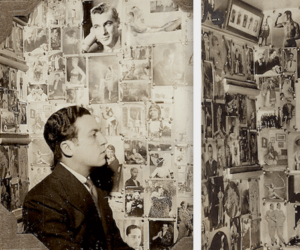


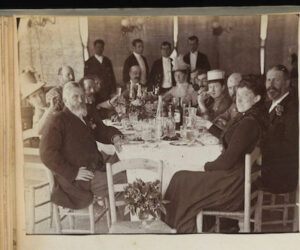
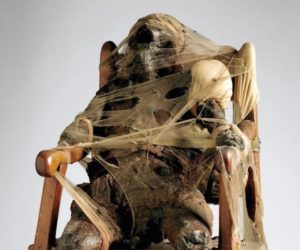
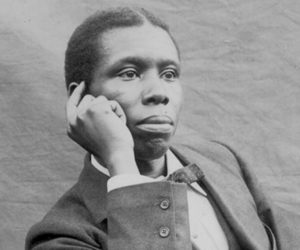
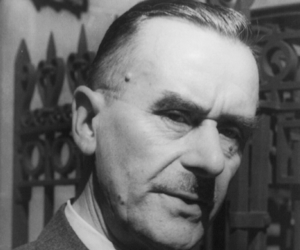

Book Review: “Isabella Stewart Gardner: A Life” — Less Intriguing But Even More Mysterious
As befits an official biography, Silver and Greenwald approach their subject with decorum and respect: they neither hide nor emphasize potentially controversial elements, carefully outlining the sources of money in Isabella’s family and the old Boston Brahmin fortune of her devoted husband.
Read More about Book Review: “Isabella Stewart Gardner: A Life” — Less Intriguing But Even More Mysterious